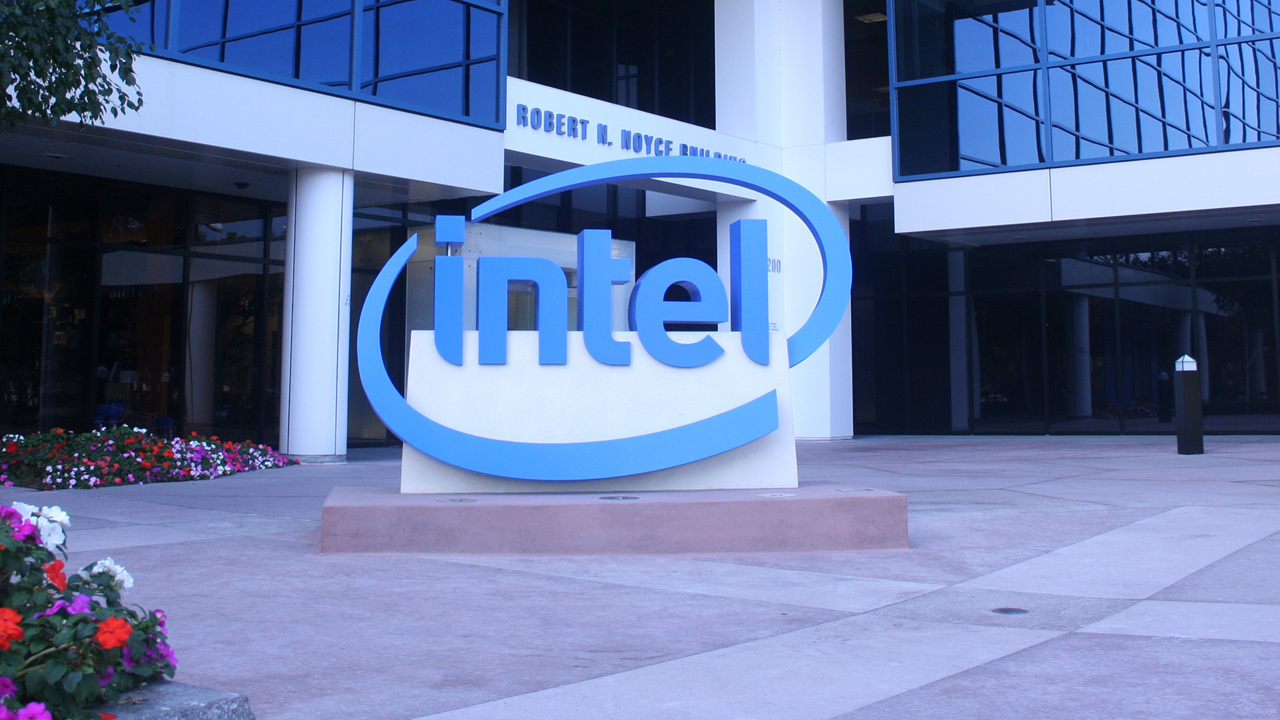Intel discloses 34 security holes in firmware and software — Thunderbolt, XTU, chipset drivers, and more
All but one have been patched.

Intel has disclosed a whopping 34 security vulnerabilities, contained within 32 pieces of software and two kinds of firmware. The 32 software security bugs broadly impact drivers for chipsets, Wi-Fi, and other components, and also include applications such as XTU, the oneAPI Toolkit, and Intel Unison. One software and one firmware vulnerability also impact Thunderbolt — Intel recommends all users update their Thunderbolt drivers and controllers immediately.
Unlike big security issues that Intel has encountered in the past, such as last year's Downfall vulnerability, these patches are for a number of unrelated issues. Such a disclosure isn't unprecedented for Intel, and the company discloses vulnerabilities in batches once all are patched (or, at least, patched among actively-maintained software and firmware).
Most of the software-related exploits occur in low-key programs, such as Intel's Battery Life Diagnostic Tool and other apps that most users probably don't use or haven't heard of. However, there are a few high-profile cases: Intel Unison, the oneAPI Toolkit and oneAPI Software Installers, and the CPU overclocking XTU app are all impacted by security issues. Some drivers are also impacted, which could be problematic as these sorts of drivers aren't guaranteed to be updated automatically.
Intel's Thunderbolt connectivity technology is perhaps the most significantly affected, however. Thunderbolt drivers and Thunderbolt controller firmware each have a disclosure, but the driver disclosure is especially concerning as it details 20 individual exploits that allow attackers to escalate privileges, perform denial of service attacks, and steal data. Three of these 20 vulnerabilities have are "high" severity.
Thankfully, most of those 20 Thunderbolt driver exploits and the firmware exploit require what is called "local access," which requires either physical or remote access to a vulnerable computer, or someone with physical access who can be socially engineered. There is one adjacent vulnerability, which means attacks through a network can also be successful, but it only has a medium severity rating.
Intel has patched all but one of the impacted pieces of software and firmware — the System Usage Report for Gameplay tool. This app was already discontinued, hence why it won't be receiving a patch; Intel recommends just getting rid of it.
Unfortunately, as these are all various bugs with no central root cause, patching all of them means updating every piece of software and firmware you use that's listed by Intel. Most users will probably only have to worry about Thunderbolt, various drivers, and perhaps Intel Unison, but enthusiasts and developers might have much to update on their machines.
Get Tom's Hardware's best news and in-depth reviews, straight to your inbox.

Matthew Connatser is a freelancing writer for Tom's Hardware US. He writes articles about CPUs, GPUs, SSDs, and computers in general.
-
thestryker A link to the security advisories page in the article would have been helpful.Reply
https://www.intel.com/content/www/us/en/security-center/default.html -
Integr8d Wow. AMD and Intel both release security vulnerability news on the same day... Coordinated? Opportunism? MAD?Reply
Give us the insight, Paul, w/o ad revenue consideration. -
yeyibi At work, I won the fame of "the dude that repairs computers", so a lot of people asks me to fix their laptops, and the most common problem are broken bootloaders.Reply
The security fixes (mostly from Microsoft) don't stop the bootloaders from breaking, and frequently are the cause. But the worst thing is that they break all the standard ways to repair the bootloaders. Nothing works anymore: MS oficial way to fix the bootloader doesn't works, their repair disks don't work, Linux rescue distros don't work, neither cloning disks in another PC works anymore.
MS breaks stuff a faster rate than it patches them. -
Loadedaxe Reply
This article isn't about Microsoft. It's about Intel.yeyibi said:At work, I won the fame of "the dude that repairs computers", so a lot of people asks me to fix their laptops, and the most common problem are broken bootloaders.
The security fixes (mostly from Microsoft) don't stop the bootloaders from breaking, and frequently are the cause. But the worst thing is that they break all the standard ways to repair the bootloaders. Nothing works anymore: MS oficial way to fix the bootloader doesn't works, their repair disks don't work, Linux rescue distros don't work, neither cloning disks in another PC works anymore.
MS breaks stuff a faster rate than it patches them.
Wrong thread. -
mac_angel I haven't seen any of the so called "driver updates". Especially for the chipsets.Reply
Anyone know how to reach Intel and NOT get stuck with their 3rd party call centers that don't know F all, and lie? -
TJ Hooker Reply
It looks like the Intel security advisory pages include links for downloading versions of the affected software that have the vulnerabilities patched. Click on the link thestryker posted above, click on the advisory link(s) that apply to you, and then scroll down a bit.mac_angel said:I haven't seen any of the so called "driver updates". Especially for the chipsets.
Anyone know how to reach Intel and NOT get stuck with their 3rd party call centers that don't know F all, and lie? -
yeyibi Reply
Intel security features only work if the OS supports them, and the constant patches by Intel and AMD breaks the OS.Loadedaxe said:This article isn't about Microsoft. It's about Intel.
Wrong thread. -
yeyibi Reply
The patches are installed by the OS updates.mac_angel said:I haven't seen any of the so called "driver updates". Especially for the chipsets.
Anyone know how to reach Intel and NOT get stuck with their 3rd party call centers that don't know F all, and lie?